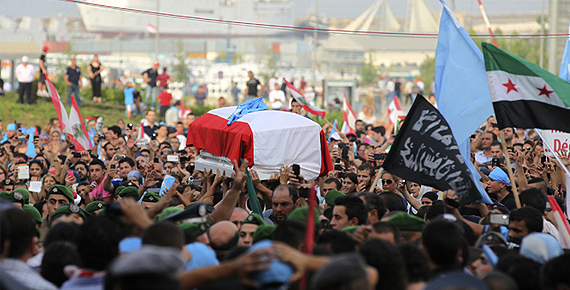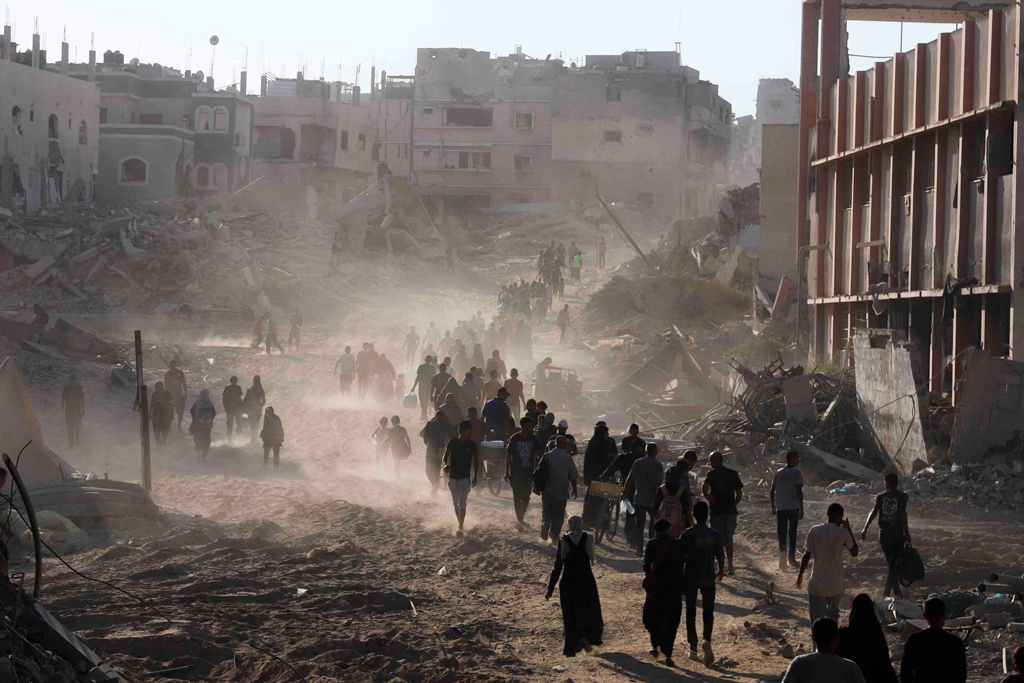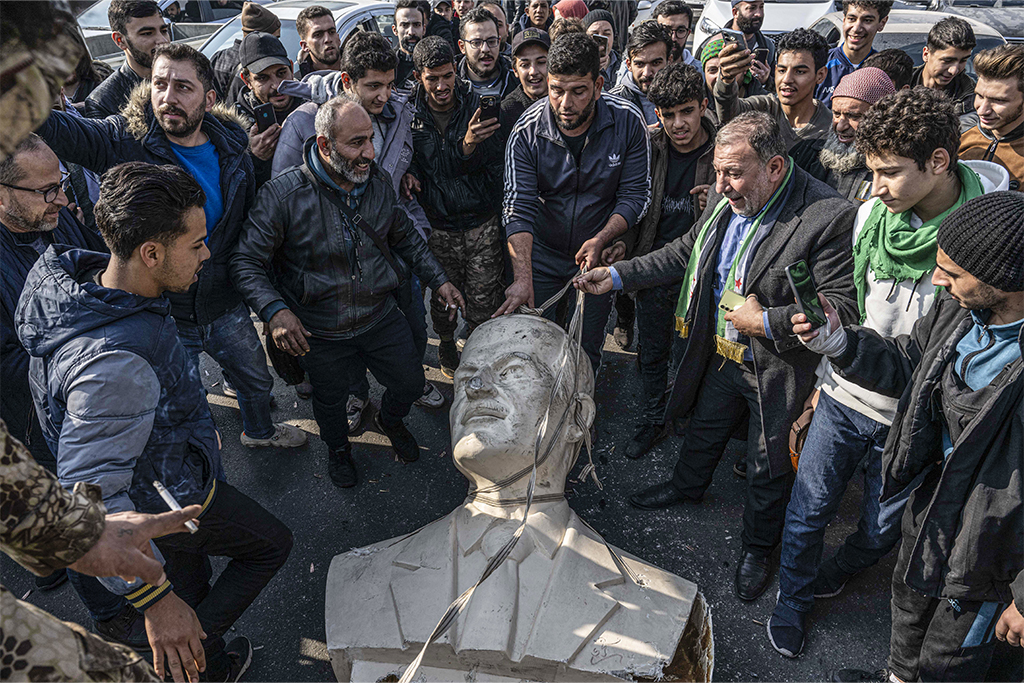The spreading of the Syrian crisis in the region has become the most talked-about issue after Wissam al-Hassan’s assassination last week. That the Baath regime – a regime that is preoccupied with its own troubles; that has lost de facto authority over most of its territory; that fails to provide state services to 22 million Syrian people; that resembles a “Baathist armed militia” more than a government; that fights a guerilla war against the opposition forces and that has lost its own top security gang to an assassination – carried out al-Hassan’s assassination does not seem very likely.
It is not surprising – as it was not in the Rafic al-Hariri assassination – that, after the assassination, all eyes turned to Syria and to Hezbollah, which has lost one of its most senior commanders, Ali Hussein Nassif, in Syria fighting side by side with the Baath regime against the Syrian resistance forces.
It is possible that al-Hassan’s assassination will serve as a catalyst to the political pressure Lebanon has felt with the Syrian crisis. However, the fragility of Lebanon’s political infrastructure, regardless of the Syrian crisis, should also be recalled. The disaster scenarios, some naïve Western pundits and al-Assad propagandists have attempted to carry over to Lebanon via Syria, had, in fact, have already been playing out in Lebanon for years. That is to say, no one knows what it means to live through a civil war, assassinations and political crises better than the Lebanese.
The predictions that al-Hassan assassination will have a huge impact on the Syrian crisis are exaggerated. Nevertheless, the tensions in Lebanon could rise substantially. In fact, after the assassination, in response to the rising voices of the March 14 opposition coalition, the Mikati government even offered to resign. Based on experience, it could be argued that, however fragile the Lebanese political infrastructure is, it also has the potential to overcome the al-Hassan shock. Similar political tensions rose after the al-Hariri assassination, but the Lebanese political scene recovered.
The most lasting effect of the crisis carried over to Lebanon via Syria is the political quagmire Hezbollah has found itself in. It is not possible for the confidence placed in Hezbollah not to be shaken by the al-Hassan assassination. Hezbollah continues to recklessly spend the capital it has built with its resistance against Israel on the Baath regime. Hezbollah, above all, has to comprehend that the rising tensions between the March 8 alliance and the March 14 coalition over the Syrian crisis will only cause more instability in Lebanon and this will not change the direction of the crisis in Syria. It seems like the best course of action on this issue is to pay attention to what Sayyed Ali Fadlallah, son of the late spiritual leader of Hezbollah, said: “All Lebanese should abide by the official stance represented by the disassociation policy regarding the Syrian issue and should not interfere in the crisis while [respecting] the Syrian people’s will to determine the destiny of its country.”









